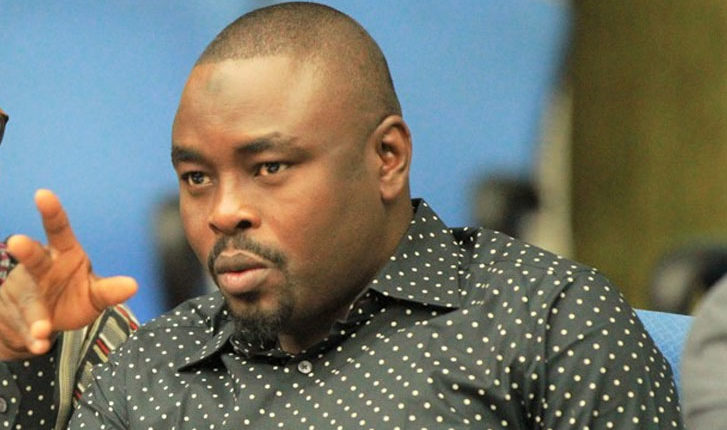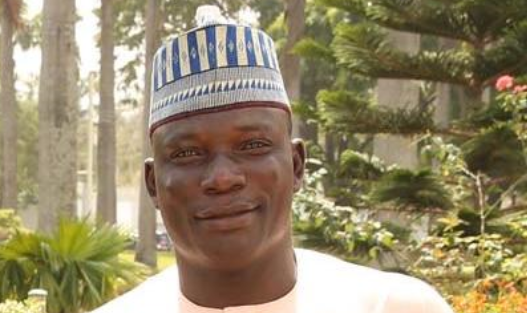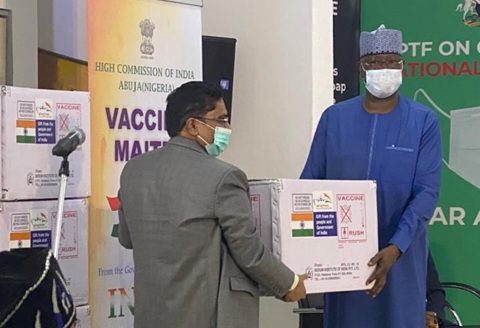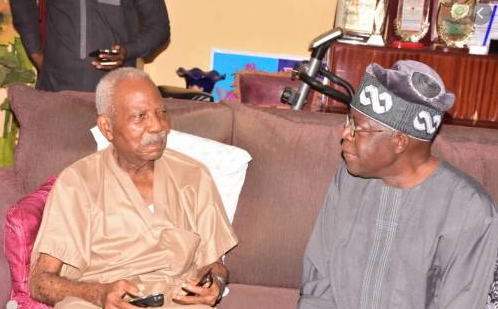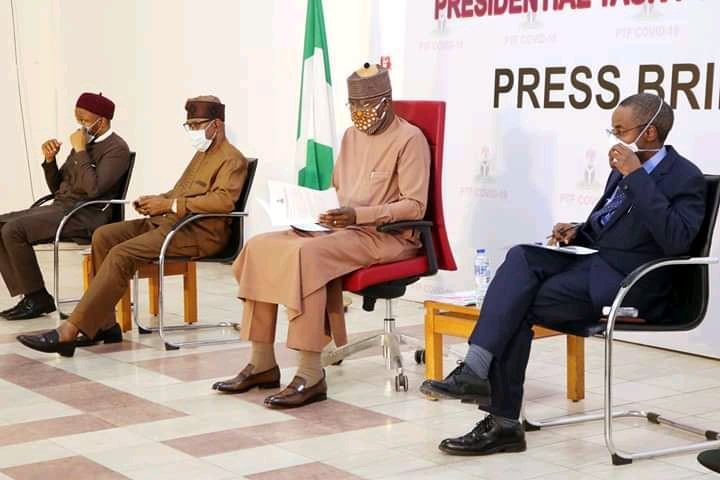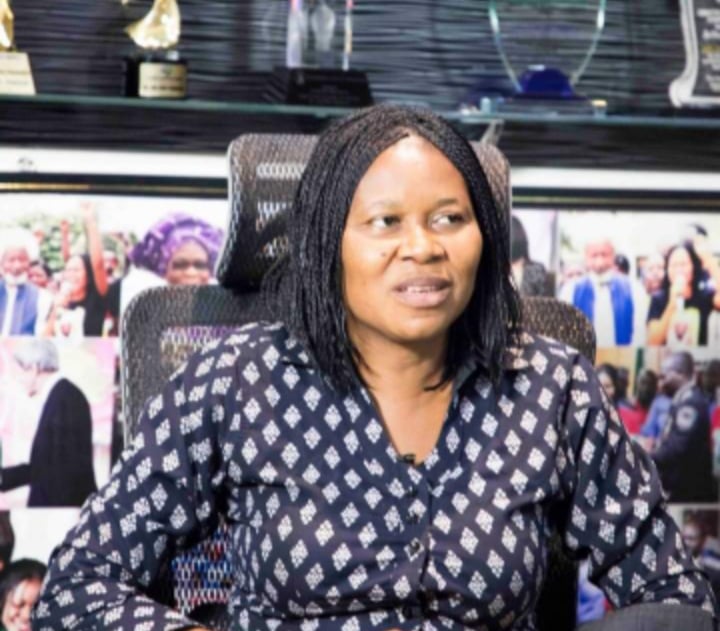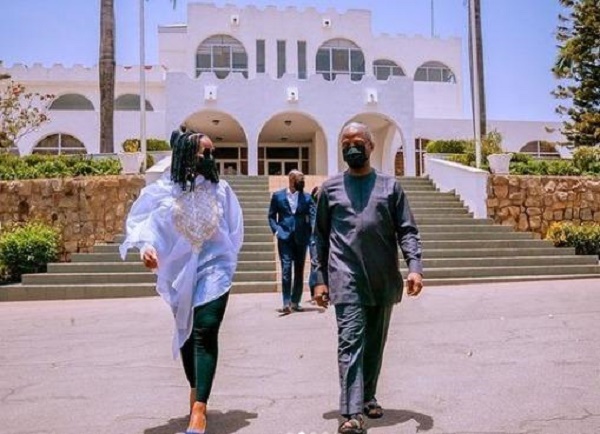Olanrewaju Suraju, chairman of Human and Environmental Development Agenda (HEDA), has been invited by the police over allegations that an e-mail attributed to Mohammed Bello Adoke, former attorney-general of the federation, was forged.
The document, tendered as evidence in Italy in the trial of Shell and others over the OPL 245 deal of 2011, appeared to show that Adoke used the email account of one of the accused persons regarding the transaction.
However, Adoke raised alarm that the email tendered by prosecutors against him in the Milan court was forged.
He petitioned Mohammed Adamu, former inspector-general of police, alleging that the document was meant to falsify a relationship between him and Aliyu Abubakar, one of those who stood trial over OPL 245 deal.
Advertisement
Suraju, whose organisation and its partners worked closely with the Italian prosecutors, was suspected to have circulated the suspicious e-mail.
The Corner House, one of the campaigners in the OPL 245 case, has asked the United Kingdom to investigate the forgery claim, maintaining that it was a British agency that provided it.
In a petition addressed to Dominic Raab, UK secretary of state for foreign and commonwealth affairs, on Tuesday, Corner House asked the UK authorities to investigate Adoke’s claim.
Advertisement
Corner House said the development is coming weeks after an Italian court acquitted Shell and Eni of corruption charges in the $1.1 billion OPL 245 deal.
The group said the email, described as a mutual legal assistance (MLA), was made available through a government-to-government request from Italy to the UK, saying the forgery claim represents a challenge to UK legal institution.
A mutual legal assistance is a treaty of bilateral collaboration between different countries for the purpose of collecting and exchanging information.
Corner House said its co-campaigners including Re-Common; Water House; and Human and Environmental Development Agenda (HEDA), based in Nigeria; provided technical assistance in exposing alleged corrupt practices involving oil giants, Eni and Shell.
Advertisement
It argued that Adoke ought to have challenged the validity of the legal instrument in court, adding that Suraju’s summon by the Nigerian police authorities should not used as a means of subverting the country’s institution of justice.
“We are concerned that this pattern may repeat itself. We recognise that it is entirely plausible that the email itself may not have been written or sent by Adoke. As his lawyers have stated it may have been sent on his behalf,” the statement read.
“However, we categorically deny that we forged the email. Indeed, the notion that a document furnished by the UK in response to an MLA is a forgery is both entirely fanciful and highly damaging to the UK’s reputation as a trusted party to the MLA process.
“The documentation is now part of the public record and it is clear from the correspondence that the email was obtained from JP Morgan by the UK Serious Fraud Office and transmitted directly to the Milan Prosecutor.
Advertisement
“Neither Mr Suraju nor Corner House nor Global Witness nor Re:Common were involved at any stage in the chain of custody.”
The Corner House cautioned the Nigerian police to recognise the international dimension the case has taken.
Advertisement
It added that although the UK cannot seek to intervene in Nigerian police investigations, “we believe it is of critical importance that the Foreign Office confirm that the MLA request from Italy and the UK’s response were lawful and were not open to forgery.”
Advertisement
Add a comment
